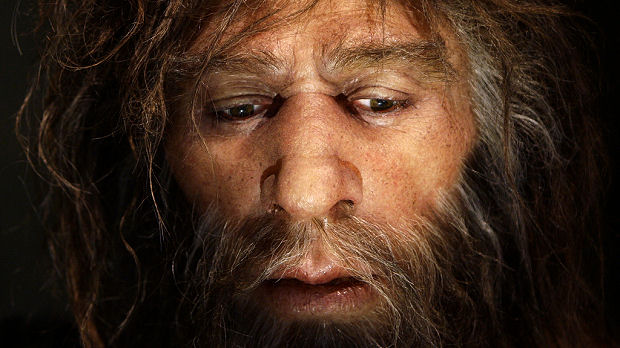How a human migration wiped out Neanderthal man
Cambridge scientists believe Neanderthal man died out 40,000 years ago after being overwhelmed by a wave of mass migration out of Africa – by homo sapiens.

One of the great mysteries of human existence may have been solved by scientists at Cambridge University.
The question of why Neanderthal man suddenly died out after dominating the globe for 300,000 years, seems to be down to mass migration.
Using archaeological evidence from Perigord in south west France – an area known for its early human settlements – researchers found that Neanderthals vanished after a huge surge of homo sapiens from Africa overwhelmed them by 10 to one.
This would have made it difficult for the Neanderthals to compete for the limited resources of food, clothing and shelter.
Neanderthals just gradually faded away in the face of climate change and the modern human growth of numbers. Prof Chris Stringer
Neanderthals were also likely to have come off worst in conflicts between the two populations, which would have almost certainly occurred, according to the scientists.
The incoming modern human groups possessed superior weapons and technology, such as more effective long-range hunting spears.
They also had a more sophisticated social network, allowing them to trade and exchange essential food items with neighbouring modern human groups.
It is thought the sheer number of migrating early humans pushed the smaller Neanderthal population into colder habitats, and they eventually died out.
More complex tools
Interviewed on Channel 4 News, Professor Chris Stringer of the Natural History Museum explained that researchers had compared the number of stone tools used by humans with those used by Neanderthals on particular sites, in order to calculate the relative sizes of the human and Neanderthal populations.
“In general, modern humans made more complex tools,” he said. “The moderns used much more materials like antler and bone. They weaved, they had needles – things like that.”
Professor Stringer stated that humans now have about 2 per cent of Neanderthal DNA as a result of interbreeding that happened not in Europe, but when modern humans first came out of Africa – about 60,000 years ago.
And what accounted for the eventual demise of the Neanderthal? Professor Stringer concluded: “I think they just gradually faded away in the face of both climate change, rapid climate change, and the modern human growth of numbers.”